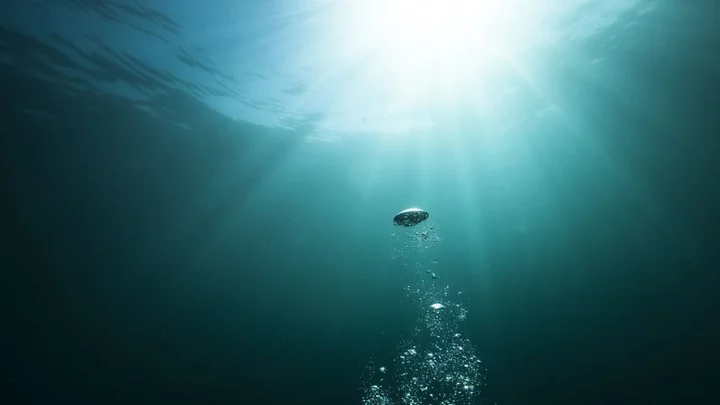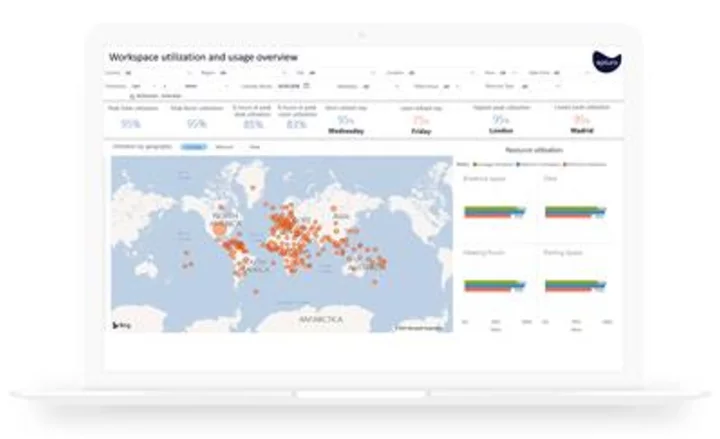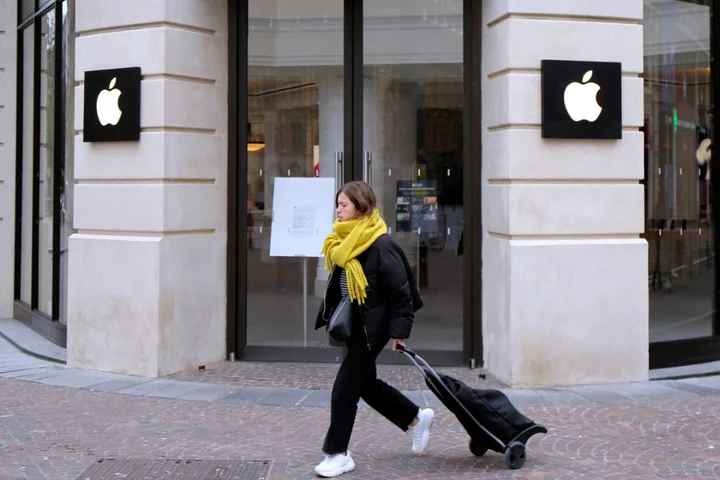If you found water that was more than two billion years old, would your first instinct be to drink it?
One scientist did exactly that after finding the oldest water ever discovered on the planet.
A team from the University of Toronto, led by Professor Barbara Sherwood Lollar, came across an incredible find while studying a Canadian mine in 2016.
Tests showed that the water source they unearthed was between 1.5 billion and 2.64 billion years old. Given that it was completely isolated, it marked the oldest ever found on Earth.
Sign up to our free Indy100 weekly newsletter
Remarkably, the tests also uncovered that there was once life present in the water.
Speaking to BBC News, professor Sherwood Lollar said: “When people think about this water they assume it must be some tiny amount of water trapped within the rock.
“But in fact it’s very much bubbling right up out at you. These things are flowing at rates of litres per minute – the volume of the water is much larger than anyone anticipated.”
Discussing the presence of life in the water, Sherwood Lollar added: “By looking at the sulphate in the water, we were able to see a fingerprint that’s indicative of the presence of life. And we were able to indicate that the signal we are seeing in the fluids has to have been produced by microbiology - and most importantly has to have been produced over a very long time scale.
“The microbes that produced this signature couldn’t have done it overnight. This has to be an indication that organisms have been present in these fluids on a geological timescale.”
The professor also revealed that she tried the water for herself – but how did it taste?
“If you’re a geologist who works with rocks, you’ve probably licked a lot of rocks,” Sherwood Lollar told CNN.
She revealed that the water was "very salty and bitter" and "much saltier than seawater."
Have your say in our news democracy. Click the upvote icon at the top of the page to help raise this article through the indy100 rankings.









